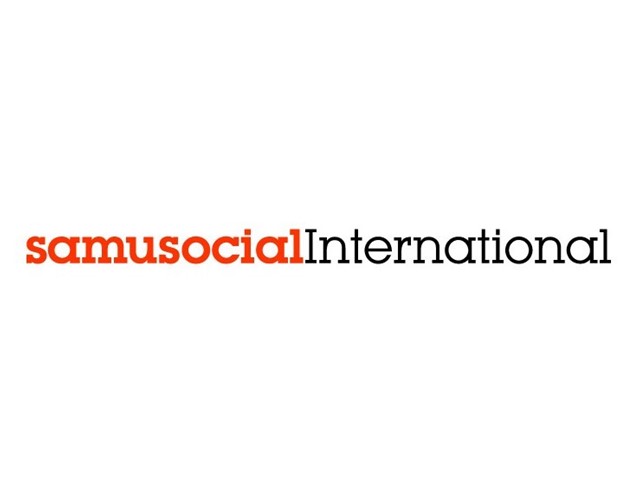Showing exclusion the red card

Partner: Samusocial International
Context
Samusocial International has been helping its partner, Samusocial Burkina Faso, to develop adapted care for street children in Ouagadougou, since it was created in 2003. These children run away from dysfunctional, often violent families and are left to fend for themselves as there is a lack of public protection for vulnerable children. Without family protection, street children are deprived of their basic rights and exposed to violence. To survive in this context, they develop self-protection measures but also gradually suffer desocialisation, which results in altered perceptions of themselves, of time and space, and losing any confidence in society in general. Struggling every day to find ways to survive, often suffering from violence and abuse, they lose any sense of belonging to humanity as a community and seek refuge in themselves. Offering them a way off the street therefore involves recreating social bonds and helping them to regain trust in others.
Project content
To fight against social exclusion of street children in Ouagadougou, Samusocial Burkina Faso has developed various services, including mobile teams carrying out street rounds, an emergency shelter, and a day-care centre. It also supports its partners in building and consolidating a continuum of care, including assisting street children and teenagers wanting to leave the street.
To complete the support for street children, Samusocial International will help Samusocial Burkina Faso to develop sports activities as a key tool to rehabilitate these very damaged children. Sport has always been part of the activities offered, particularly in the Samusocial shelter; however, these activities were considered mostly occupational and not exploited for their educational and resocialisation potential. The project will enable Samusocial Burkina Faso’s beneficiaries to:
- facilitate social integration through sports activities;
- develop life skills through sports activities, such as a sense of responsibility, respect, fair-play and team spirit, communication, trust.
Objectives
Objective: Contributing to the social inclusion of street children in Burkina Faso, using sport as an adapted tool for their specific needs
Specific objectives: Teaching the children to take responsibility for their actions, treat others fairly, value communication and mutual respect, through sports activities
Project activities
- Activity 1: Introducing professionals to the sport-based project methodology in working and training sessions
- Activity 2: Carrying out street rounds five nights a week, to identify at-risk children and teenagers, offer them medical care, psychosocial support, awareness and educational activities, and refer them for day-care activities or for shelter.
- Activity 3: Providing day-care services for street children and teenagers, five mornings a week, including participation in resocialisation activities through sport
- Activity 4: Providing shelter and all related support and activities for children who need a rest off the street or who are ready to initiate a stabilisation process, including the creation of a football team
- Activity 5: Developing a football cup for Samusocial children and other children (girls and boys) supported by partner organisations
- Activity 6: Supporting and following up on children who are ready for a long-term solution off the street
Expected results
- 500 street children provided with sports activities as resocialisation and educational tools each year
- 700 street children (including 100 girls) benefiting from social and medical care each year
- 235 street rounds carried out each year
- 14 professionals working for SSBF and its partners trained to apply the sports-based project methodology
- 2,000 children given access to the day-care centre every year
- 120 children provided with shelter every year
- 180 children in the football team
- 2 football cup tournaments organised
- 50 children helped to leave the streets, go back to school, move into a long-term partner centre, return to live in their families
Partner







